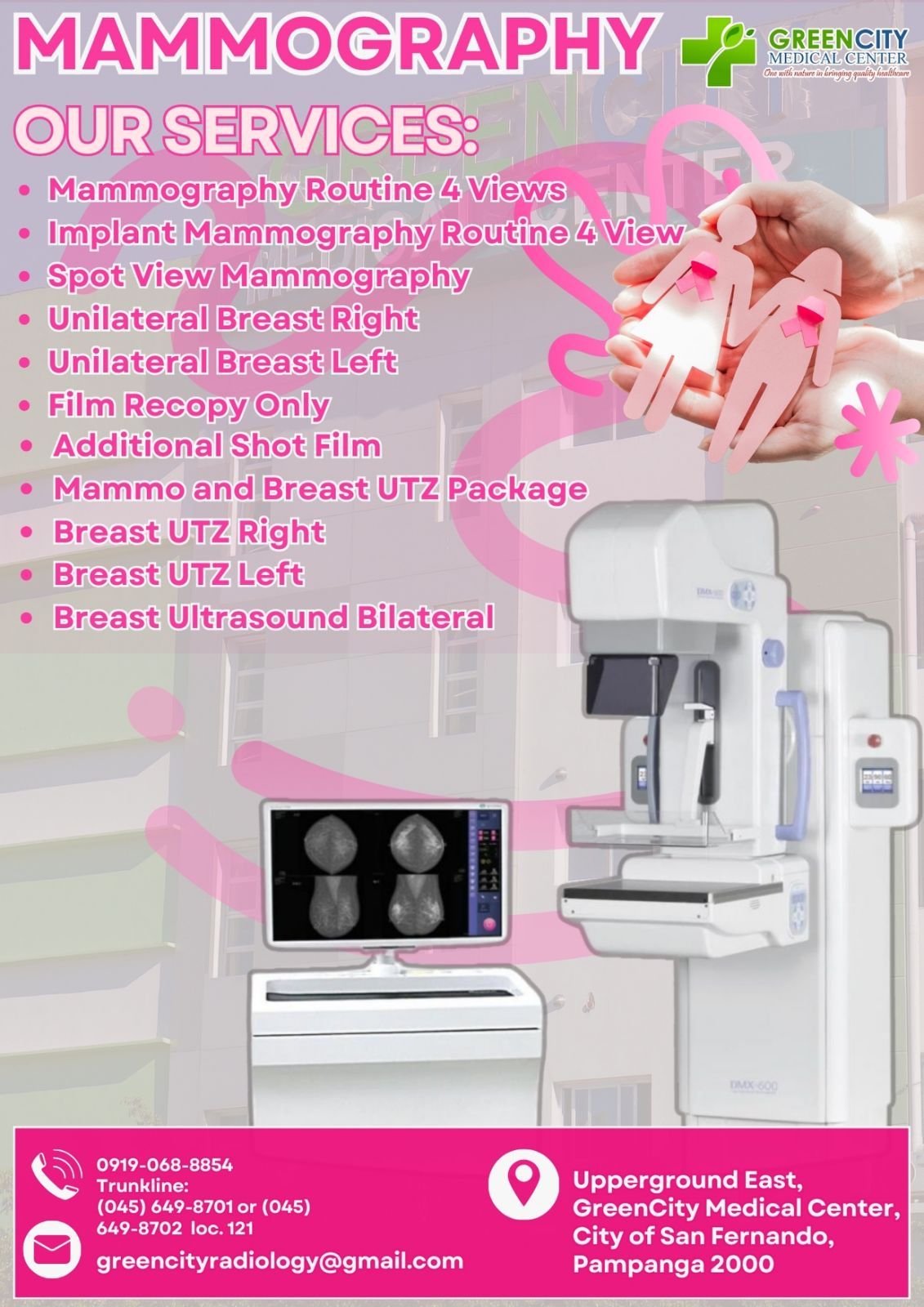PATIENT'S RIGHTS
Right to appropriate medical care and humane treatment
Each patient has his/her unique needs, strengths, and ideologies which should be taken into consideration and respected with regards to his medical care. He/she has the right to receive appropriate medical care without the fear of discrimination from a physician.
Right to informed consent
Every patient has the right to be informed and make decisions regarding tests, treatment course, or operations to be done on him/her and be informed of the possible dangers and/or complications these might have. Patients who are not of legal age have their parents or legal guardian to give consent to these procedures.
Right to privacy and confidentiality
Every patient has the right to be assured that his/her medical records would be kept in confidentiality at all stages of his/her treatment and after. The patient and those he/she have authorized have the right to see and obtain copies of his/her medical record.
Right to be informed
Every patient has the right to be informed of his/her condition and/or state of health.
Right to self-determination
Every patient has the right to give or withhold consent for his/her medications and treatments after being properly informed of the possible implications and result of doing so. He/she also has the right to refuse participating in an experiment or research.
Right to choose another healthcare provider and facility
Every patient has the right to choose his/her physician, ask for a second opinion, and to be informed of possible treatment alternatives for his/her condition.
Right to religious belief
Every patient has the right to refuse treatment if this is in conflict with his/her religious beliefs after the possible implications or consequence of this decision has been explained.
Right to leave
Every patient has the right to refuse or terminate his hospital admittance after being informed of the possible implication or result of this decision.
Right to express grievances
Every patient has the right to express grievance if the patient experienced short-comings from the hospital’s part. This may be filed or placed in the Office of the Medical Director.
Right of the unconscious patients
Unconscious patients or otherwise incapable of expressing his/her shall have consent obtained from a legally entitled representative before the administration of any treatment or medication.
Right to dignity
Every patient is entitled to relieve his/her suffering. They are also entitled to humane terminal care and to be provided with all available assistance in making dying as dignified and comfortable as possible.
PATIENT RESPONSIBILITIES
Responsibility to provide complete and accurate medical information.
Responsibility to comply with instruction and to be involved in the decision making for his/her healthcare.
Responsibility to ask questions and clarify information regarding the nature of his/her medical condition and its management which also includes options, possible outcomes, benefits, risks, and costs.
Responsibility to inform the attending physician of refusal to adhere to recommended treatment course or plan of care previously agreed upon.
Responsibility to pay for hospital chargers incurred.
Responsibility to comply with hospital rules and regulations.
Responsibility for consideration of other patients’ needs as well as those of the hospital staff.
PRE-ADMISSION
Below is a concise guide on how to best prepare for your non-emergency hospital stay:
- Prepare past and current health information which includes your condition/s, medical records, the name and contact information of your physician/s whether or not they are affiliated to Green city, and the medications you are currently taking.
- Arrange your preferred payment method and bring necessary documents such as your personal ID bearing your name, current address, contact information, and employment information, insurance or medical coverage ID cards, insurance coverage forms, as well as forms or pre-authorizations documents such as Letter of Authority (LOA) and Letter of Guarantee (LOG) from your insurance company. For married patients, it is best to bring your spouse’s insurance coverage information stating that you are his/her dependent to ensure that you avail its full benefits.
PHILHEALTH
A list of requirements and required forms would be provided to the PhilHealth member and would be explained in detail by a Credit Officer to assure that you would be able to avail of the deductions from your final bill.
To prevent delays on your discharge, you or a member of your family may work on these immediately upon admission.
The complete and properly filled out PhilHealth eligibility and claim documents would then have to be submitted upon your discharge.
DISCHARGE PROCEDURES
1. If treatment plan is successful, the attending physician would give a discharge order to the patient.
2. Nurse on duty at the station would then forward the patient’s chart to the billing section where the billing officer would check if the patient had been cleared from all departments involved in his/her care before finalizing the bill with all applicable deductions and/or discounts.
3. The patient or legal representative of the patient would then be asked to sign and receive the statement of account after the computation.
4. After the account has been settled, the cashier would then issue an official receipt, statement of account with zero amount due, and two (2) copies of clearance slips that should be then signed by the cashier, nurse on duty at the station, and guard on duty.
5. One copy would be kept by the patient and the other would be surrendered to the guard on duty at the main door as clearance who would then forward it to the admitting section.









